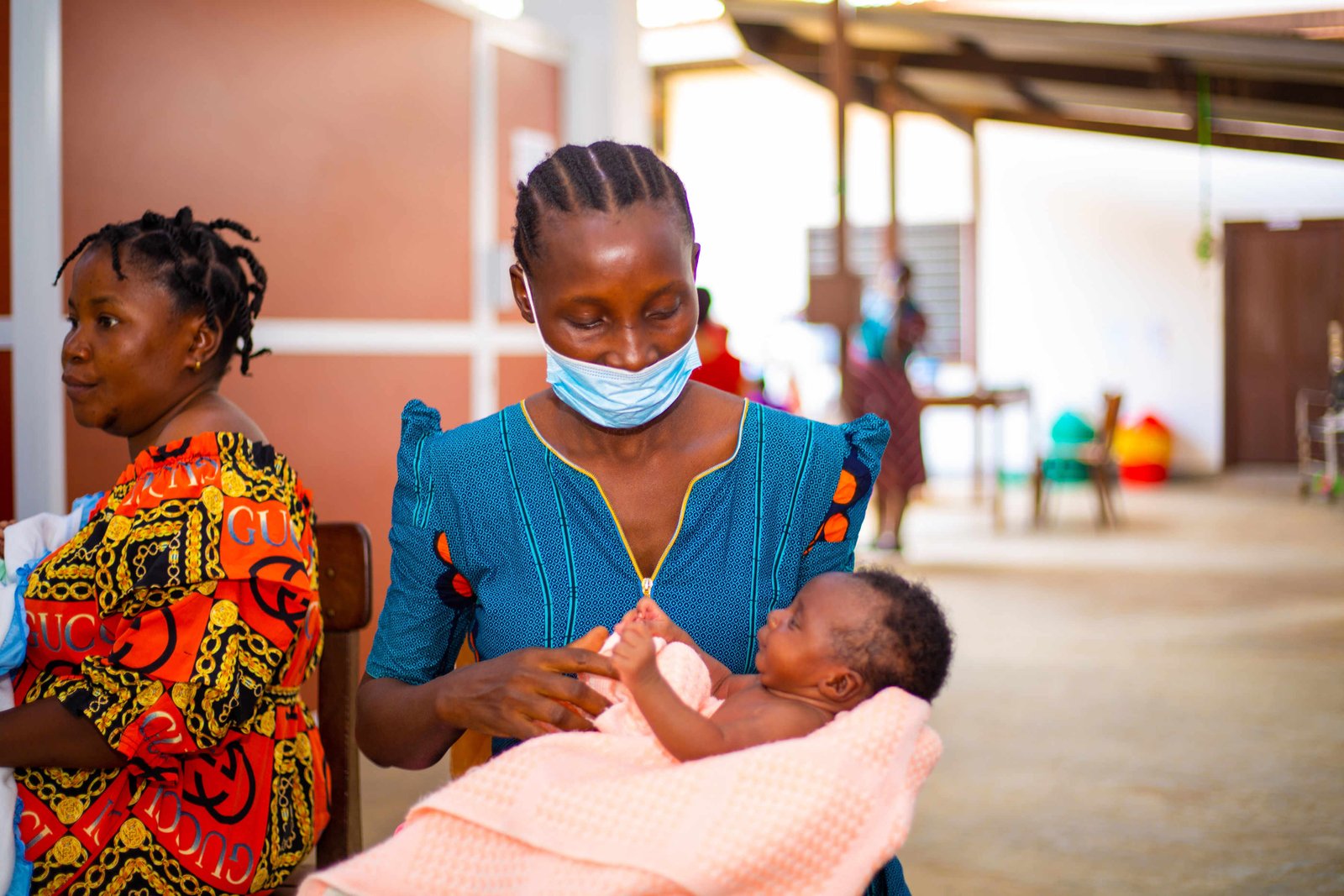GLOBAL FUND PREVENTION OF MOTHER TO CHILD TRANSMISSION (GF-PMTCT) PROJECT






Background:
Tanzania is among the most vulnerable countries for HIV, malaria and Tuberculosis. Despite numerous efforts of the Government of the United Republic of Tanzania and development partners to eliminate mother to child transmission of HIV, the rate of Mother to Child Transmission (MTCT) is still high and estimates prevalence of 9.4 % (2018). Although testing is universal, Antiretroviral (ART) initiation for newly diagnosed HIV-infected pregnant women has declined from 97% in 2018 to 80% in 2019. The U.S. President's Emergency Plan for AIDS Relief (PEPFAR) conducted a survey in 2019 on the Testing and Antiretroviral (ART) retention rates and observed that testing rate is low at Prevention of Mother to Child Transmission (PMTCT) facilities that are not supported by PEPFAR (91% at PEPFAR supported sites versus 52% at non PEPFAR supported sites). The 12-month Antiretroviral (ART) retention rate among adolescent girls, pregnant and breastfeeding women is lower than in their older counterparts and Early Infant Diagnosis (EID) rates are low but much more in the group of Prevention of Mother to Child Transmission (PMTCT) facilities that are not supported by PEPFAR.
To intervene on the problem, Christian Social Services Commission (CSSC) in partnership with AMREF are implementing the Global Fund-Prevention of Mother to Child Transmission (GF-PMTCT) project in 8 regions of Arusha, Geita, Lindi, Morogoro, Mwanza, Pwani, Shinyanga and Tabora with 47 councils and 264 health facilities in Tanzania. Global Fund PMTCT Project is the three years program (2021-2023) implemented through a financial support from Global Fund with the major goal of achieving a nation with children born free of HIV infection, helping them navigate adolescence and youth stage free of HIV, and attain healthier life trajectories.
Project Coverage
| Region | Names of Supported Councils for GF PMTCT Program | Number of PMTCT Health Facilities (HFs) selected | ||
|---|---|---|---|---|
| 1 | Arusha | 5 | Arusha CC, Arusha DC, karatu, Meru and Monduli | 39 |
| 2 | Geita | 4 | Chato DC, Geita TC, Geita DC and Nyang’hwale DC | 19 |
| 3 | Lindi | 6 | Kilwa DC, Lindi DC, Nachingwea DC, Ruangwa DC and Liwale DC | 44 |
| 4 | Morogoro | 7 | Gairo DC, Malinyi DC, Mvomero DC, Morogoro DC, Morogoro MC, Kilosa DC and Ulanga DC | 26 |
| 5 | Mwanza | 8 | Sengerema DC, Ilemela MC, Nyamagana MC, Kwimba DC, Magu DC, Ukerewe DC, Misungwi DC and Buchosa DC | 44 |
| 6 | Pwani | 8 | Bagamoyo DC, Chalinze DC, Kibiti DC, Kisarawe DC, Mkuranga DC and Rufiji DC,Kibaha DC,Kibaha TC | 31 |
| 7 | Shinyanga | 4 | Kahama MC, Shinyanga DC, Shinyanga MC and Msalala DC | 29 |
| 8 | Tabora | 7 | Igunga DC, Kaliua DC, Nzega DC, Tabora MC, Uyui DC, Mirambo DC and Sikonge DC | 32 |
| TOTAL | 47 | 264 |
Project Target
The project targets to;
- Eliminate new HIV infection at end of exposure, among HIV exposed infants from 8 % in 2018 to below 2% in 2023.
- Reduce proportion of adolescents and young women among PLHIVs from 28% in 2018 to 4% by 2023.
- Increase access to Antiretroviral (ART) among HIV infected children from 60% in 2016 to 95% by 2023.
PMTCT Project Approch
To achieve its goals, the project uses 4 approaches below;
- Primary prevention of HIV among women of childbearing age and their partners
- Prevention of unintended pregnancies amongst women living with HIV
- Prevention of vertical transmission of HIV from mothers to their infants
- Provision of treatment, care and support to women living with HIV and their partners, infants, and families.
Project Intervention
Mother Mentors Model
Mother mentors model is the model where PMTCT services are delivered by women living with HIV/AIDS from the same community they serve. They are rooted in shared realities and experiences. Christian Social Services Commission (CSSC) and AMREF collaborated with the Ministry of Health, Community Development, Gender, Elderly and Children, PMTCT unity with, regional and council health management teams of the supported regions to train 606 mother mentors and 264 health care workers form 264 supported health facilities.
The main responsibilities of Mother Mentors is to support and track pregnant and breastfeeding women, children, and adolescents with HIV/AIDS to attend PMTCT services, provide health education to pregnant women and strengthening the linkage between community and health facility in ensuring they reduce HIV transmission and mortality in the respective regions.
Fathers/Influential Men Role Model
Role model fathers are men who are influential, known and respected at the community, have the capacity to influence the community on PMTCT services and strengthen the linkage between community and PMTCT health facilities. They were identified by the village leader and recruited by the project basing on willingness and capacity to influence the community on health issues including PMTCT. They assist in advocacy and facilitation of male partners’ engagement and early ANC booking at first antenatal care.
Psychosocial/ Adherence support groups (P/ASGs)
The program in collaboration with the Community HIV/AIDS Coordinator and Community Development Officer CHAC/CDOs initiated and supports the formation of psychosocial/ adherence support groups (P/ASGs). These groups comprise of PMTCT clients in the supported health facilities. The groups assist in adherence/retention and social /economic support.
Village/Ward and Council Leaders.
The program uses village/ward and council leaders in spearheading and promoting PMTCT services at the community level to create a demand and use of PMTCT services, male involvement in reproductive and child health care, couple testing of HIV/AIDS, trucking of lost to follow up in collaboration with mother mentors.
